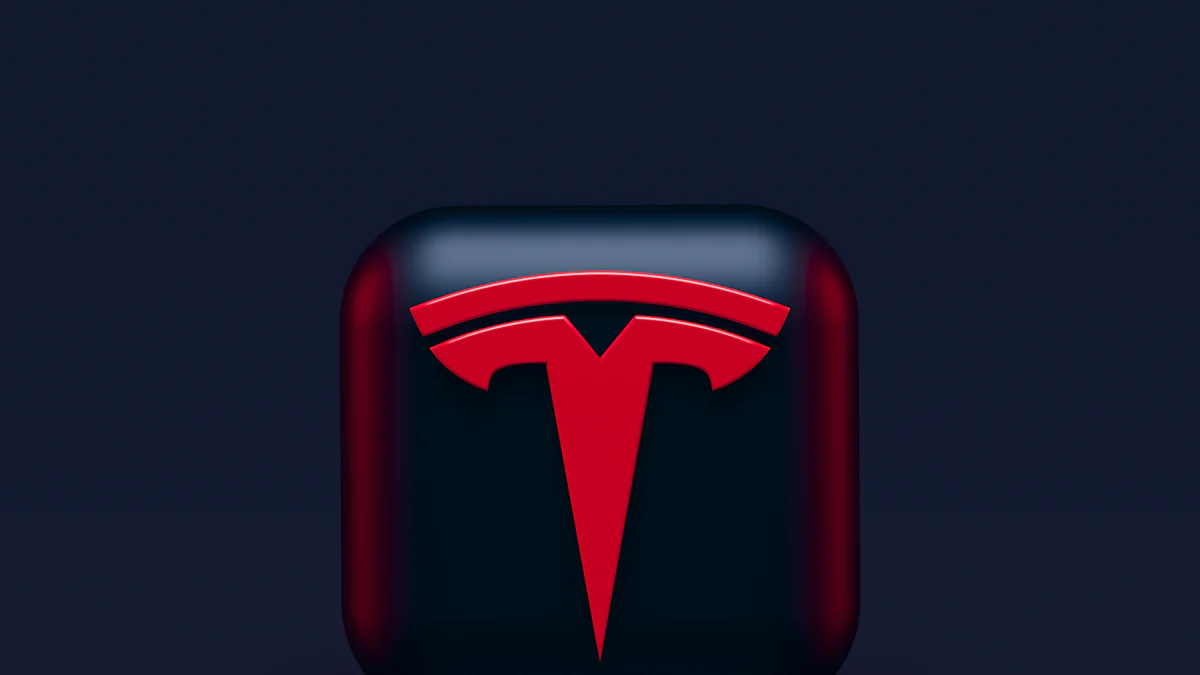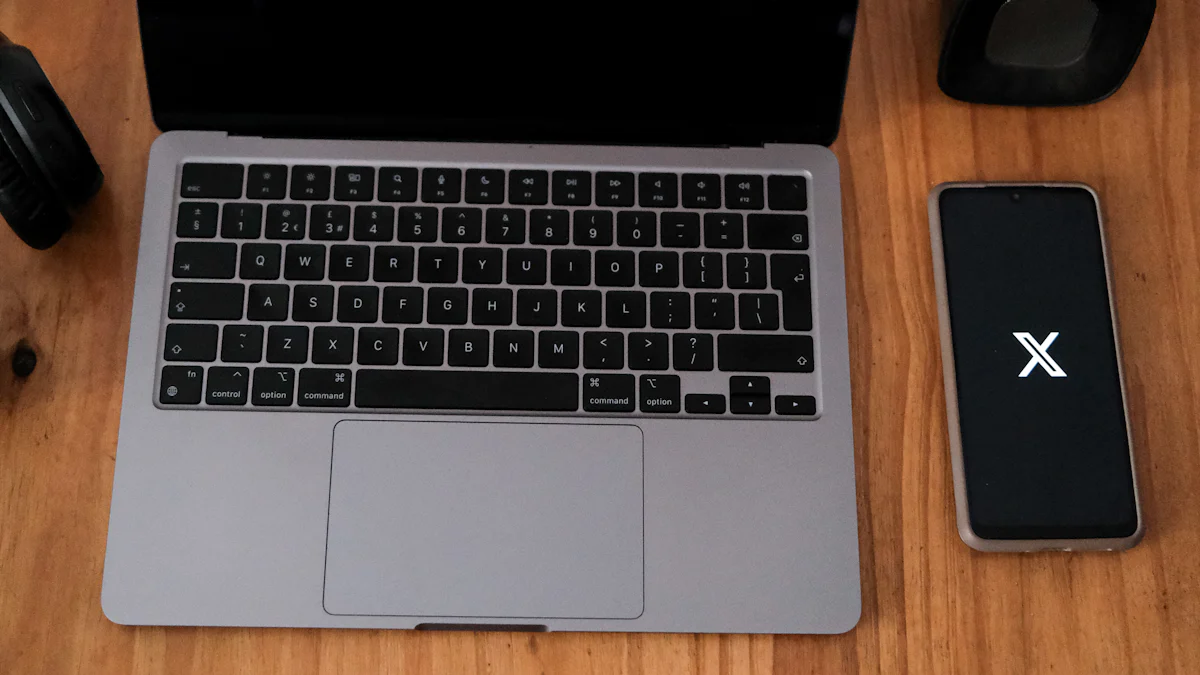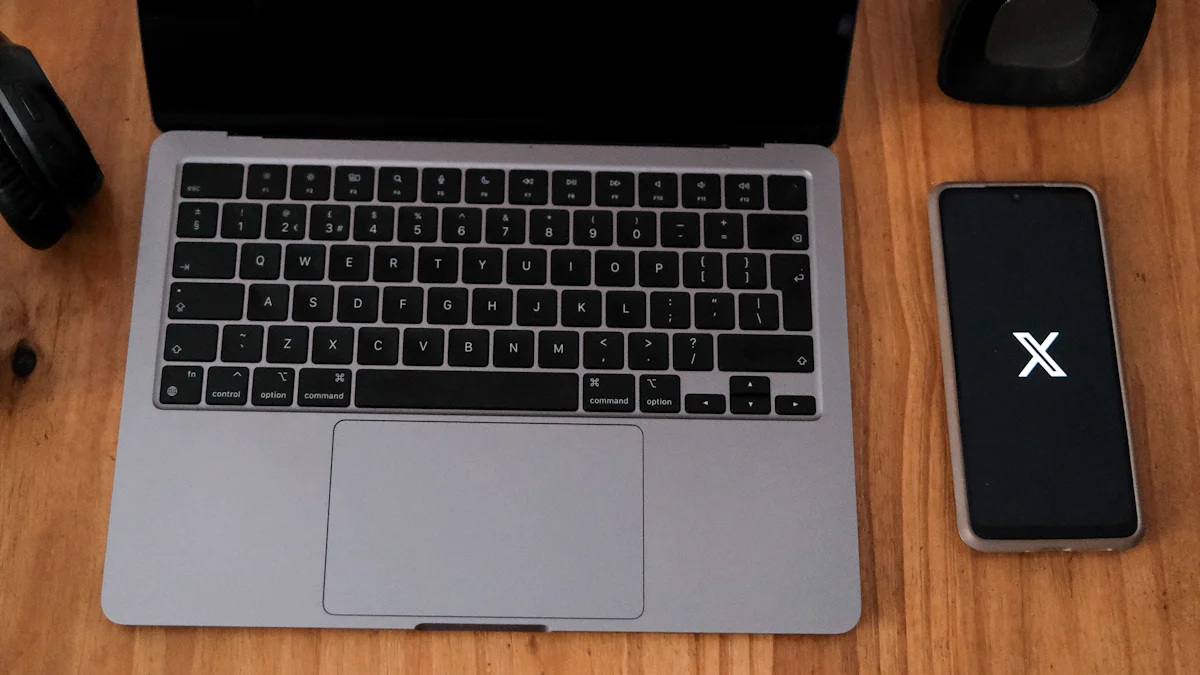Understanding Elon Musk's Threat to Ban Apple Devices

Elon Musk threatens to ban Apple devices from his companies over OpenAI partnership, sparking a heated conflict in the tech world. This clash stems from Apple's partnership with OpenAI, raising concerns about security and data privacy. The significance of this issue lies in the potential implications for both Musk's companies, like Tesla and SpaceX, and Apple itself. As these tech giants navigate this contentious situation, the future of AI integration and user protection hangs in the balance.
The Conflict

Elon Musk's Concerns
Elon Musk, a prominent figure in the tech industry, has raised significant concerns regarding the partnership between Apple and OpenAI. Musk, known for his expertise in technology and AI, took a firm stance against Apple's decision to integrate OpenAI's technology into its devices. He expressed worries about potential security risks that could arise from this collaboration. Musk emphasized the importance of safeguarding user data and privacy, highlighting the need for stringent measures to prevent any breaches.
In a recent statement, Musk criticized Apple's approach to integrating OpenAI at the operating system level. He labeled this move as an “unacceptable security violation,” underscoring his commitment to ensuring the protection of user information. With his extensive knowledge in technology, Musk pointed out the potential vulnerabilities that could emerge if Apple proceeds with the integration. His concerns reflect a deep-rooted dedication to maintaining high standards of security within the tech ecosystem.
Security Risks
The primary issue at hand revolves around the security risks associated with integrating OpenAI into Apple's operating systems. Musk's apprehensions stem from the possibility of unauthorized access to sensitive data through AI-powered features. By highlighting these risks, he aims to draw attention to the critical need for robust security protocols in today's digital landscape.
Data Privacy
Another key area of concern for Elon Musk is data privacy. As a visionary entrepreneur with a keen understanding of technological advancements, Musk values the privacy rights of users. He fears that integrating OpenAI into Apple's devices could compromise user data and expose individuals to potential privacy breaches. Musk's emphasis on data privacy underscores his unwavering commitment to protecting user information in an increasingly interconnected world.
Apple's Position
On the other side of the spectrum lies Apple, a leading innovator in consumer technology. The company's decision to partner with OpenAI reflects its dedication to enhancing user experiences through cutting-edge AI technologies. While Elon Musk has voiced reservations about this collaboration, Apple stands by its choice to integrate OpenAI into its products.
Benefits of OpenAI Integration
Apple sees great value in leveraging OpenAI's technology to enrich its offerings and provide users with enhanced functionalities. By incorporating AI capabilities into its devices, Apple aims to revolutionize how individuals interact with their products and access information. The integration of OpenAI represents a strategic move by Apple to stay at the forefront of technological innovation.
Privacy Assurances
Despite Elon Musk's concerns about security and data privacy, Apple has assured users that stringent measures will be in place to protect their information. The company remains committed to upholding high standards of privacy and security across its ecosystem. By prioritizing user trust and confidentiality, Apple seeks to reassure customers that their data will be safeguarded against any potential threats.
Elon Musk threatens to ban Apple devices from his companies over OpenAI partnership
In response to Apple's collaboration with OpenAI, Elon Musk has issued a bold ultimatum: he threatens to ban Apple devices from his companies if the partnership proceeds as planned. This decisive action underscores Musk's unwavering commitment to upholding strict security standards within his organizations.
Impact on Tesla
Should Elon Musk follow through on his threat, Tesla employees may find themselves without access to essential Apple devices like iPhones and Mac computers. This move could disrupt daily operations at Tesla and prompt employees to seek alternative solutions for their technological needs.
Impact on SpaceX
Similarly, SpaceX, another one of Elon Musk's ventures, could face operational challenges if Apple devices are banned within the company premises. Employees accustomed to using iPhones or iPads may need to adapt to new technologies or workflows in light of this prohibition.
Impact on X
The repercussions of banning Apple devices extend beyond Tesla and SpaceX; other companies under Elon Musk’s purview would also be affected by this decision. Employees across various organizations may need to adjust their work practices and tools if they are no longer permitted to use Apple products within company facilities.
Implications for Apple and Musk's Companies

Potential Outcomes for Apple
Market Reaction
Analysts foresee a challenging road ahead for Apple as the tech giant delves deeper into the realm of artificial intelligence. The integration of OpenAI into its operating systems has sparked concerns among investors, leading to potential fluctuations in stock prices and revenue projections. This move could signify a shift in consumer demand and market sentiment, impacting Apple's financial performance in the near term.
Another analyst echoes these sentiments, suggesting that the partnership with OpenAI might adversely impact Apple's revenue streams. The introduction of AI features could initially dilute revenues, raising questions about the company's long-term growth prospects. Revenue sharing agreements and changes in user behavior patterns may pose challenges to Apple's traditional revenue models.
Despite these challenges, Apple, with its massive market capitalization exceeding $3 trillion, remains proactive in addressing apprehensions surrounding the OpenAI collaboration. By acknowledging and responding to these concerns, Apple demonstrates its commitment to navigating potential obstacles while pursuing innovation in AI technology.
Customer Trust
At the core of Apple's strategy lies a steadfast commitment to user privacy and data protection. The company's recent emphasis on AI features during its conference showcases a dedication to enhancing user experiences while safeguarding sensitive information. By integrating privacy-centric practices into its AI initiatives, Apple aims to build and maintain trust among its diverse customer base.
Investors closely monitor Apple's advancements in AI technology, particularly following the unveiling of “Apple Intelligence” at a prominent developer conference. This new suite of AI features signifies a strategic shift towards incorporating intelligent capabilities across various products. As investors analyze the implications of these innovations on consumer preferences, customer trust emerges as a pivotal factor influencing market dynamics.
Potential Outcomes for Musk's Companies
Operational Challenges
Should Elon Musk proceed with his threat to ban Apple devices from his companies, operational disruptions loom on the horizon for Tesla, SpaceX, and other ventures under his leadership. Employees accustomed to utilizing iPhones and Mac computers may face logistical hurdles in adapting to alternative technologies within their work environments. These transitions could impact workflow efficiency and employee productivity across Musk's diverse enterprises.
The ban on Apple devices introduces complexities within operational frameworks at Tesla and SpaceX, necessitating swift adjustments to mitigate potential disruptions. As employees navigate through technological transitions and device restrictions, operational continuity becomes paramount in sustaining business activities amidst evolving circumstances.
Employee Reactions
Employee reactions within Musk's companies serve as critical indicators of organizational resilience amid policy changes regarding device usage. The prospect of banning Apple devices elicits varied responses from employees who rely on these tools for daily tasks and communication channels. Addressing employee concerns and facilitating seamless transitions to alternative devices are essential components of managing workforce dynamics during periods of change.
Effective communication strategies play a pivotal role in aligning employee expectations with organizational directives regarding device usage policies. By fostering an environment of transparency and support, Musk can navigate potential resistance or uncertainties arising from the implementation of device bans within his companies.
Broader Industry Impact
AI Integration Trends
"Investors are still digesting Apple's 'Apple Intelligence' showcase — an array of new AI features and use cases for the next generation of Apple products — at the 2024 Worldwide Developers Conference (WWDC)."
The unveiling of innovative AI features by tech giants like Apple underscores ongoing trends shaping the industry landscape. With a focus on enhancing user experiences through intelligent functionalities, companies are leveraging AI technologies to drive product innovation and competitiveness in global markets.
Privacy and Security Standards
"Apple introduced a range of AI features at the conference, including Apple Intelligence, emphasizing that privacy is 'at the core' of its strategy."
Privacy-centric approaches adopted by industry leaders like Apple highlight a growing emphasis on data security within AI ecosystems. By prioritizing user privacy as a foundational element of their strategies, companies set benchmarks for ethical data practices that resonate across diverse sectors influenced by evolving technological landscapes.
Recap of the conflict and key points:
The clash between Elon Musk and Apple over the OpenAI partnership highlights critical concerns about security risks and data privacy.
Musk's threat to ban Apple devices from his companies underscores the gravity of the situation and the potential impact on both parties.
Restatement of the importance of privacy and security:
Upholding privacy and security standards is paramount in tech collaborations to protect user data and maintain trust.
Balancing safety with privacy, data security, transparency, and ethical practices is crucial for fostering strong relationships in the digital ecosystem.
Discussion of potential future developments and recommendations:
Companies must navigate ethical considerations in cybersecurity to ensure fairness, transparency, and trust in digital systems.
Governments play a vital role in implementing data security regulations that safeguard individuals' privacy while balancing ethical concerns.
See Also
Exploring the Debate: Perplexity AI's Content Duplication Challenge
Guarding Against Malware and Phantom Engine Exploits in 2024
The Future of OpenAI's Premier A.I. Model
Latest Update: Poco F6 Debuts in India with Snapdragon 8s Gen
Exploring the Newest AI Feature Release in Opera One Browser

